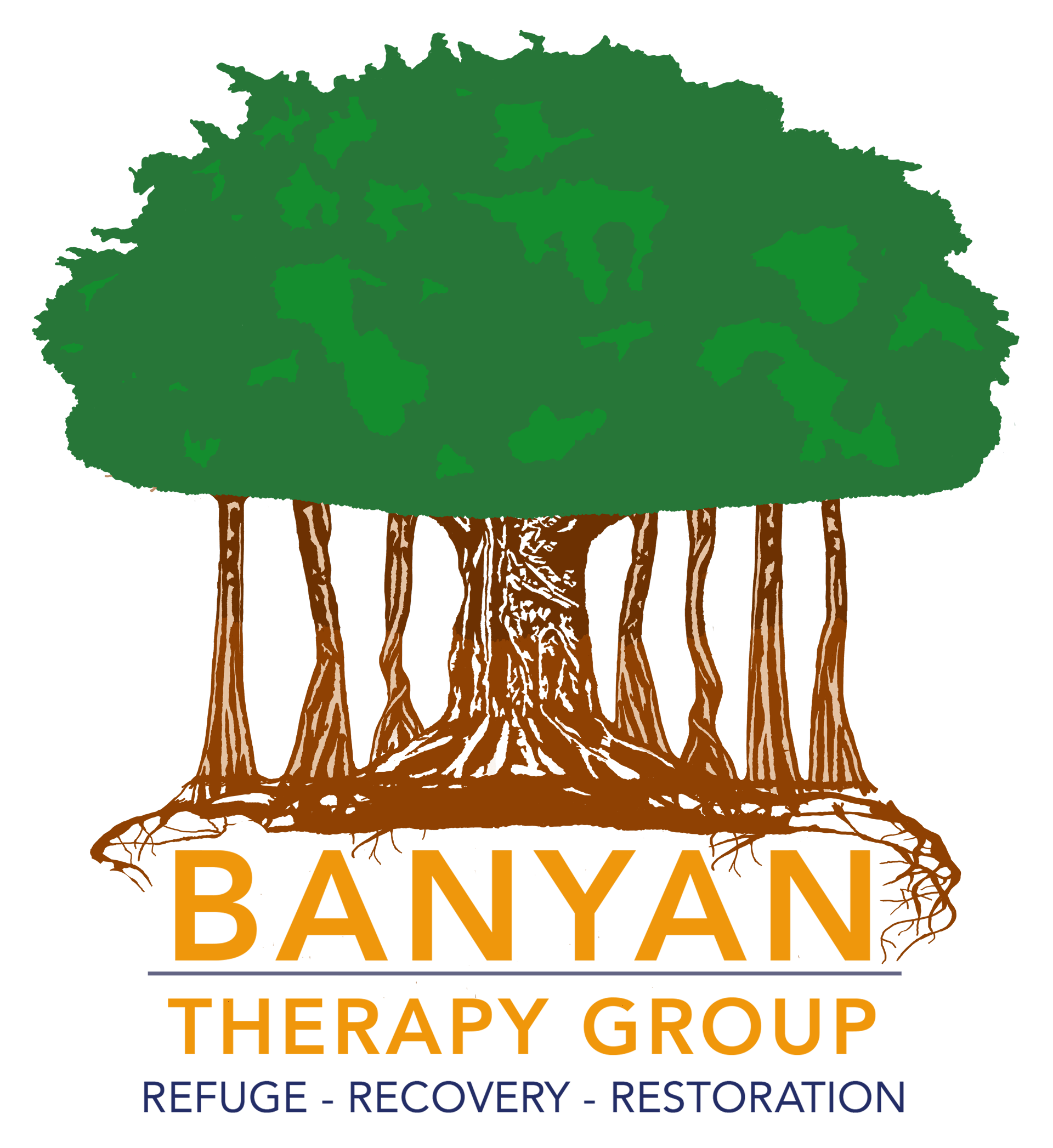Study of the supports of Christian women
Manning, J. C., & Watson, W. (2007) A Qualitative Study of the Supports Christian Women Find Most Beneficial When Dealing with a Spouse's Sexually Addictive or Compulsive Behaviors, Sexual Addiction & Compulsivity, 14:4, 337-357.
DOI:
10.1080/10720160701756371
Study type:
Qualitative analysis of one-on-one interviews with the researcher.
Sample size:
22
Demographics:
All participants were involved in therapy (past or present) and were recruited from their respective professional therapist. All participants were married women over the age of 25. All participants presented their spouse’s sexual addiction or compulsive behavior as the primary presenting problem in therapy. Although practicing a religion was not a requirement to participate in the study, all participants identified themselves as Christian and came from six different religions.
Key findings & quotes:
- Study identified the most beneficial support resources for women dealing with a spouse’s sexually addictive and compulsive behaviors.
- When responding to problematic sexual behavior, two categories of support were identified: Coping Supports and Change-Oriented Supports.
- Coping Supports were labeled as behaviors utilized to maintain the equilibrium of the intrapersonal, marital and/or family system. The top three most frequently reported Coping Supports were: Self-Isolation (68.18%), Avoidance (45.45%), and Self-Blame (45.45%).
- Change-Oriented Supports were identified as strategies and actions used to change, heal or improve the intrapersonal, marital or family system.
- Five categories of Change-Oriented Supports emerged from the data: 1) Recreational, 2) Relational, 3) Professional, 4) Spiritual, and 5) Conceptual.
- The preferred support in each of the five categories of Change-Oriented Supports were identified as:
o Recreational Support: Reading (77.27% of the population cited as helpful).o Relational Support: Immediate family (68.18% of the population cited as helpful).o Professional Support: Combination of therapies (95.45% of the population cited as helpful).o Spiritual Support: Clergy (72.73% of the population cited Clergy as most common spiritual support).o Conceptual Support: 81.82% of the population cited conceptual support as beneficial (e.g., an idea, metaphor or perspective that was the catalyst for change).
Blurred Lines
Photo by: John Doe
Button
The Association of Partners of Sex Addicts Trauma Specialists (APSATS) has been approved by NBCC as an Approved Continuing Education Provider, ACEP No.7435. Programs that do not qualify for NBCC credit are clearly identified. The Association of Partners of Sex Addicts Trauma Specialists (APSATS) is solely responsible for all aspects of the programs.
The Association of Partners of Sex Addicts Trauma Specialists
p. (513) 847-2342
2722 Erie Ave Ste 219 PMB 658610
Cincinnati, Ohio 45208-2154
© 2025
All Rights Reserved | APSATS
Website by WebX Design With APSATS Mktg.
© 2025
All Rights Reserved | APSATS
Website by WebX Design
With APSATS












